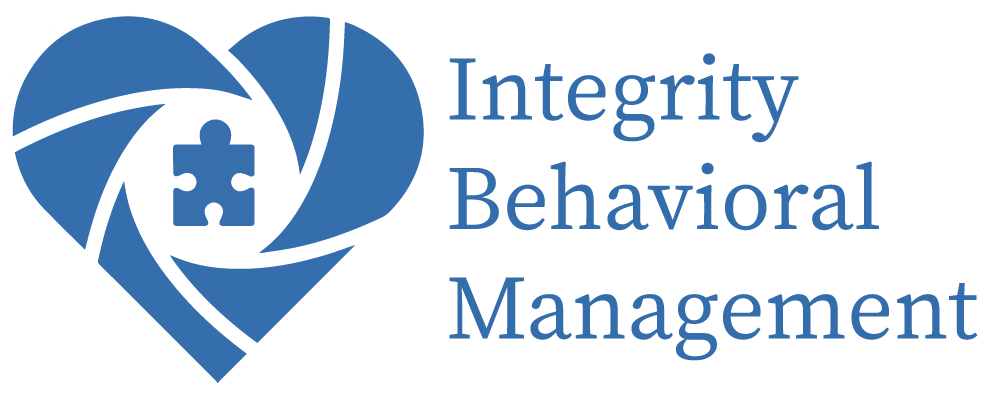Intensive Outpatient Programs (IOPs) play a pivotal role in modern addiction treatment, providing comprehensive care for individuals seeking recovery without the need for full-time residential commitment. These programs are particularly appealing because they offer flexibility, affordability, and access to evidence-based treatments that promote long-term recovery. This article delves into the many benefits of IOPs and why they are an effective option for addressing substance use disorders.

What Is an Intensive Outpatient Program?
An Intensive Outpatient Program (IOP) is a structured form of addiction treatment that allows individuals to receive therapy and support while continuing to live at home. These programs typically require participants to attend sessions multiple times a week, with each session lasting several hours. IOPs are designed for those who need a higher level of care than standard outpatient therapy but do not require the round-the-clock supervision of inpatient treatment.
IOPs can address a range of needs, including substance abuse, mental health issues, and co-occurring disorders. They incorporate a variety of therapeutic approaches such as individual counseling, group therapy, and holistic interventions to create a well-rounded treatment experience.
The Key Benefits of IOP for Addiction Treatment
Flexibility to Maintain Daily Responsibilities
One of the most significant advantages of IOP is the ability to continue daily routines while participating in treatment. Unlike inpatient programs that require individuals to leave their home environment, IOPs enable participants to maintain their personal, professional, and educational responsibilities.
Customizable Schedules: Many IOPs offer flexible scheduling options, such as evening or weekend sessions, to accommodate different lifestyles.
Real-World Application: Since individuals live at home during treatment, they can immediately practice the coping skills they learn in therapy in real-world scenarios.
For parents, caregivers, or individuals with full-time jobs, this flexibility ensures that treatment does not disrupt their ability to fulfill essential obligations.
Comprehensive Care Without Residential Commitment
IOPs offer the same evidence-based therapies and support as inpatient programs but without the need for a residential stay.
Access to High-Quality Care: Patients in IOPs benefit from treatments such as Cognitive Behavioral Therapy (CBT), Dialectical Behavioral Therapy (DBT), and motivational interviewing.
Cost-Effective Alternative: By eliminating the need for room and board, IOPs are often a more affordable option compared to inpatient care.
Seamless Transition: Many people use IOPs as a step-down from inpatient treatment, helping them maintain progress as they transition back to their everyday lives.
This combination of quality and accessibility makes IOP an excellent choice for those seeking effective care without the constraints of residential treatment.
Focus on Relapse Prevention
Preventing relapse is a critical component of any addiction treatment program, and IOPs are designed to address this head-on.
Skill Building: Participants learn practical strategies to identify and manage triggers, develop healthy coping mechanisms, and navigate high-risk situations.
Ongoing Support: Group therapy sessions provide a supportive environment where individuals can share their experiences, gain insights from peers, and build accountability networks.
Structured Follow-Up: Many IOPs include follow-up support to ensure participants stay on track with their recovery goals.
Relapse prevention is at the heart of IOPs, helping individuals build resilience and confidence in their sobriety journey.
Personalized Treatment Plans
Every individual’s path to recovery is unique, and IOPs prioritize creating customized care plans tailored to each person’s specific needs.
Therapeutic Diversity: IOPs offer a variety of therapies, including trauma-informed care, family counseling, and experiential therapies like art or music therapy.
Dynamic Adjustments: Treatment plans are regularly reviewed and updated based on the patient’s progress, ensuring they remain relevant and effective.
This personalized approach ensures that each participant receives the support they need to address their unique challenges and goals.
Encourages Family Involvement
Addiction impacts not only the individual but also their loved ones. Many IOPs recognize this and incorporate family therapy into their programs to foster healing and understanding within the family unit.
Rebuilding Trust: Family therapy sessions provide a safe space for open communication, allowing family members to address past conflicts and rebuild trust.
Education and Empowerment: Loved ones gain a better understanding of addiction and learn how to provide effective support without enabling harmful behaviors.
Family involvement strengthens the recovery process by creating a network of support that extends beyond the program itself.
Accessibility and Community Integration
IOPs are accessible to a wide range of individuals, including those who may not have the means or time to commit to inpatient care.
Local Availability: Most communities have IOPs nearby, reducing barriers to treatment access.
Community-Based Support: By remaining within their local community, participants can maintain connections with friends, family, and support networks while receiving treatment.
This level of integration helps individuals feel more connected and supported as they navigate their recovery journey.
Who Can Benefit from an IOP?

IOPs are ideal for individuals who:
- Are transitioning from inpatient or detox programs and need continued care.
- Require structured treatment but cannot commit to a full-time residential program.
- Are in the early stages of recovery and need support in building a solid foundation for sobriety.
These programs are especially beneficial for those who are motivated to recover and have a stable home environment conducive to recovery.
Determining If IOP Is Right for You
When deciding whether an IOP is the right fit, consider the following:
- Level of Addiction: IOPs are best suited for individuals with mild to moderate addiction who do not require medical detox.
- Support System: A strong network of supportive friends or family can enhance the effectiveness of IOPs.
- Commitment to Recovery: Success in IOPs requires active participation and dedication to the treatment process.
By evaluating these factors, you can determine if IOP aligns with your recovery needs and goals.
How IOPs Promote Long-Term Success
One of the defining features of IOPs is their emphasis on equipping individuals with the tools and skills needed for lasting recovery.
Holistic Approaches: Many IOPs incorporate holistic therapies such as mindfulness, yoga, or meditation to address the physical, mental, and emotional aspects of addiction.
Life Skills Development: Participants learn essential skills, such as time management, stress reduction, and effective communication, which are crucial for maintaining sobriety.
Aftercare Planning: IOPs often include aftercare support, such as alumni groups or continued therapy, to help participants stay engaged in their recovery journey.
This comprehensive approach ensures that individuals are prepared to navigate life’s challenges while maintaining their sobriety.
Conclusion
Intensive Outpatient Programs offer a flexible, effective, and affordable solution for individuals seeking recovery from addiction. By providing comprehensive care without requiring full-time residential commitment, IOPs empower participants to rebuild their lives while maintaining personal and professional responsibilities. From relapse prevention to personalized care and family involvement, the benefits of IOPs make them an invaluable resource in the fight against addiction.
If you or a loved one is struggling with addiction, consider exploring the many advantages of an IOP. With the right support and commitment, recovery is possible, and an IOP can provide the structure and guidance needed to achieve long-term sobriety.





